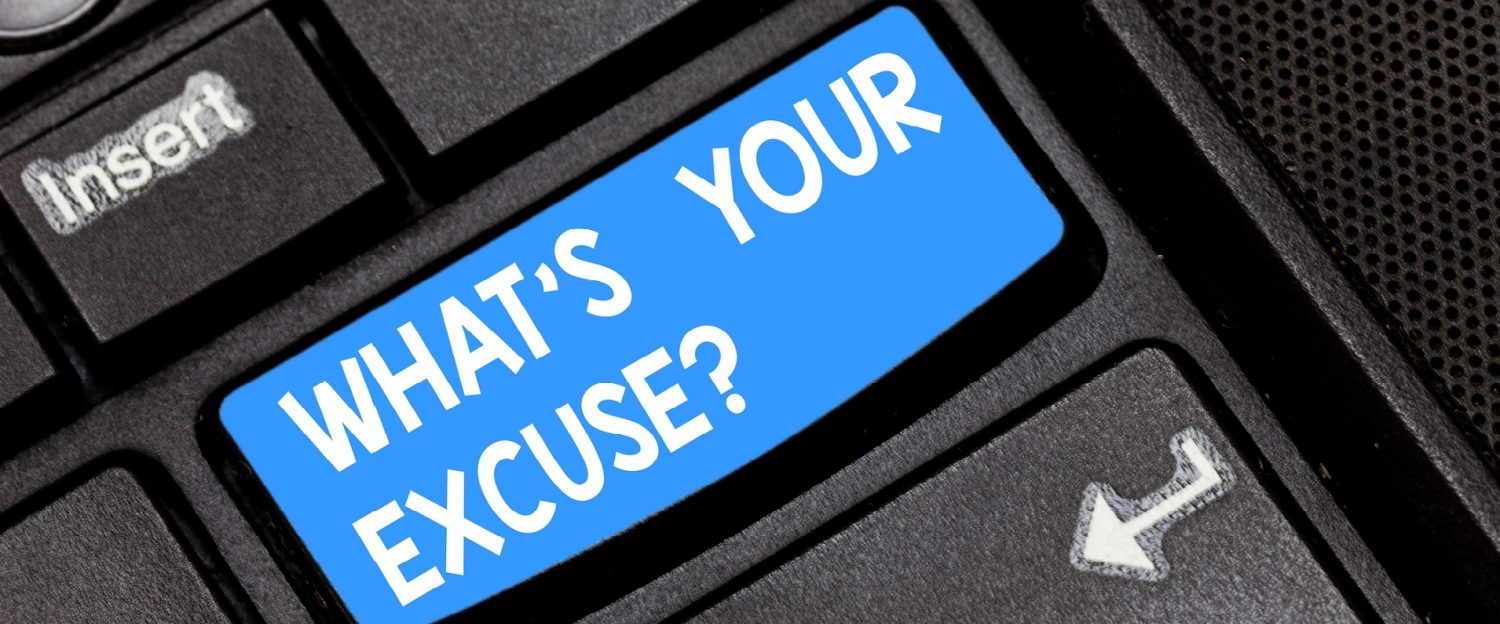Like most blogs, DataBreaches.net totally abandoned any attempt to track all of the affected entities. Instead, we have been trying to support BankInfoSecurity.com‘s efforts to keep track. Expect the numbers of affected banks and credit unions to rise to 500 or more next week after they have a chance to enter about five dozen links to reports of affected institutions this site sent them in the past 24 hours. Not all reports assert unequivocally that their members’ or customers’ cards were affected, but all of the institutions were affected in terms of proactively replacing cards or in other ways. Some of the credit unions and banks did an excellent job of providing information on their web sites linked from their home page, while others did not make clear whether any of their customers were actually affected.
It is hard to fathom what the total cost of this breach will be. As one example, the North Carolina State Employees Credit Union was hit especially hard. Earlier this week, David Morrison of The Credit Union Times reported:
The $16.5 billion State Employees’ Credit Union has, so far, had more than 500,000 of its credit and debit cards involved in the Heartland Payment Systems breach and is facing the prospect of more, according to the credit union’s CEO Jim Blaine.
Blaine estimated the costs of closing accounts and reissuing plastics, so far, at more than $1.5 million. According to the credit union’s September 2008 call report, State Employees’ credit union has more than 190,000 credit card accounts and more than 1.6 million share draft accounts that are eligible for debit cards.
Then, too, there is the impact of consumers. Although many sources have indicated that the consumers have zero liability protection, for many consumers, their ability to function was impacted when banks suddenly imposed restrictions such as limiting cards to PIN-based transactions only and blocking signature-based transactions. Other institutions imposed caps on daily limits. This is a breach that has clearly affected many people already.
In a recent communication, Jason Maloni, Heartland spokesperson, indicated that the processor had been notified on October 28th by Visa and MasterCard after approximately 1,000 fraud reports led to them identifying Heartland as the source of the breach. In a separate statement on January 21, CUNA Mutual Group explained their part in uncovering the breach:
In October, CUNA Mutual notified Visa and MasterCard of higher-than-normal fraud activity after credit unions began informing the insurer of a spike in plastic card fraud and related activities. “CUNA Mutual Risk Management detected that something big was happening,” Cashman said. “We reported our findings to both card associations to help facilitate an investigation to determine if a breach had occurred and, if so, its origin.”
